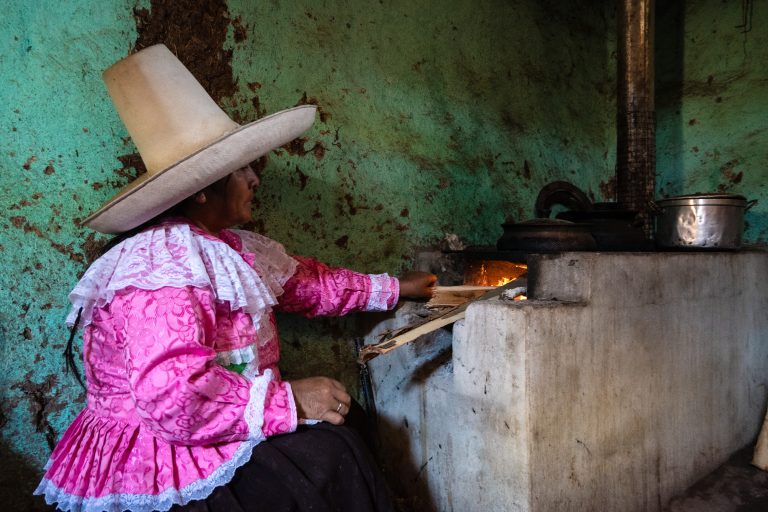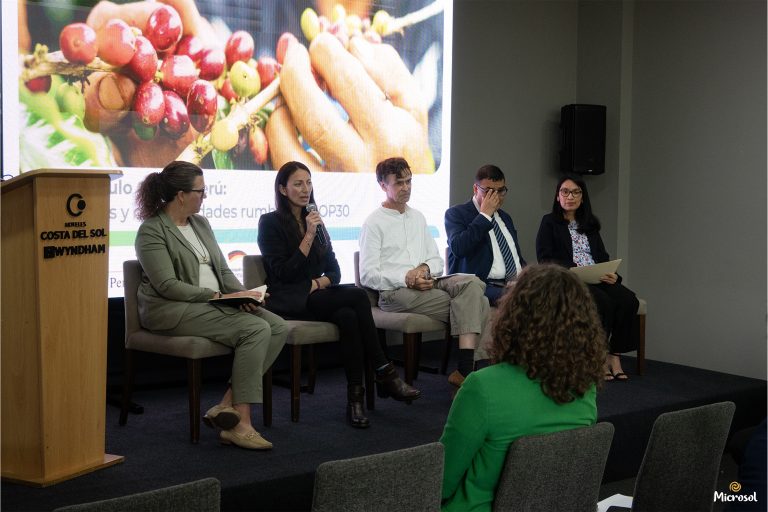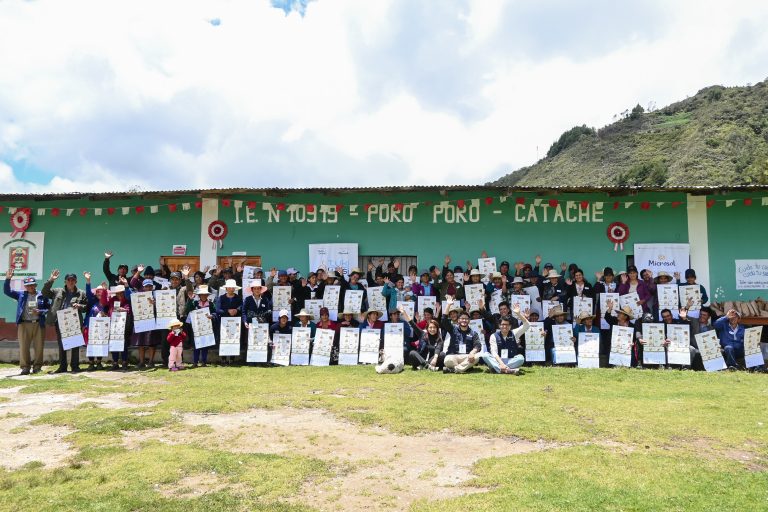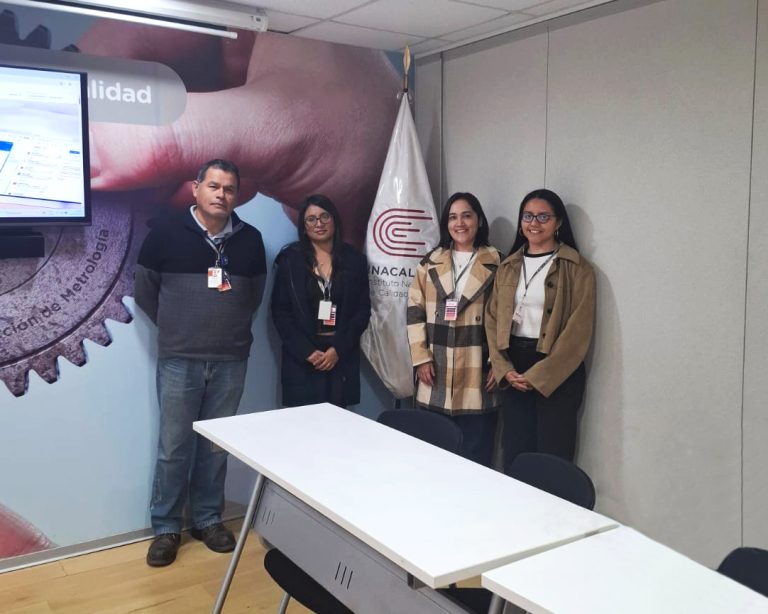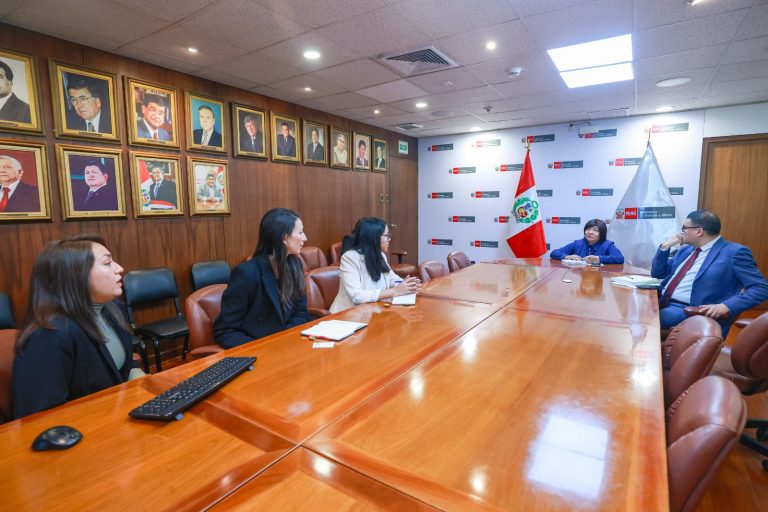The agreement will provide opportunities for knowledge exchange between professionals from both parties.
On March 28, 2025, Microsol and the Universidad Nacional Agraria La Molina (UNALM) signed a framework agreement to work together to promote research, development, entrepreneurship and innovation projects in climate change mitigation in Peru.
The agreement between both parties will promote the transfer of knowledge and scientific and technological information within the framework of the mitigation projects that both organizations manage, with the aim of strengthening the initiatives and contributing to the development and professional specialization of their teams, as well as learning and professionalization opportunities.
The affinity of objectives of both organizations has been a driving force for this agreement that will generate spaces for exchange between students and professionals in the environmental sector and experts in the development and management of carbon certification projects.
About Microsol
Microsol is a French Peruvian social enterprise that seeks to contribute to counteract climate change through the dissemination of clean technologies. Since 2008, it has created mitigation programs ensuring the sustainability of these through carbon certification in the voluntary market and mitigation results transfer mechanisms under Article 6 of the Paris Agreement. It works with rigorous standards that monitor both greenhouse gas (GHG) emissions reductions and sustainable development benefits. Its monitoring, reporting and verification (MRV) system has certified more than 2.8 million GHG emission reductions. It also offers consulting and technical assistance in climate change mitigation, energy access, health promotion, project monitoring and evaluation, and microfinance.
About UNALM
La The UNALM is a higher education center dedicated to teaching, researching, extension and social projection of cultural knowledge to the national and international community. In order to fulfill its academic activities of professional training, it has the following faculties: Agronomy, Sciences, Forestry Sciences, Economics and Planning, Food Industries, Agricultural Engineering, Fisheries and Animal Husbandry together with their respective academic departments. In addition, it has its Graduate School for the training of specialist researchers and university teachers of high academic and scientific level; being among its functions to establish relationships with various public and/or private institutions, to jointly implement actions for the benefit of the country.


